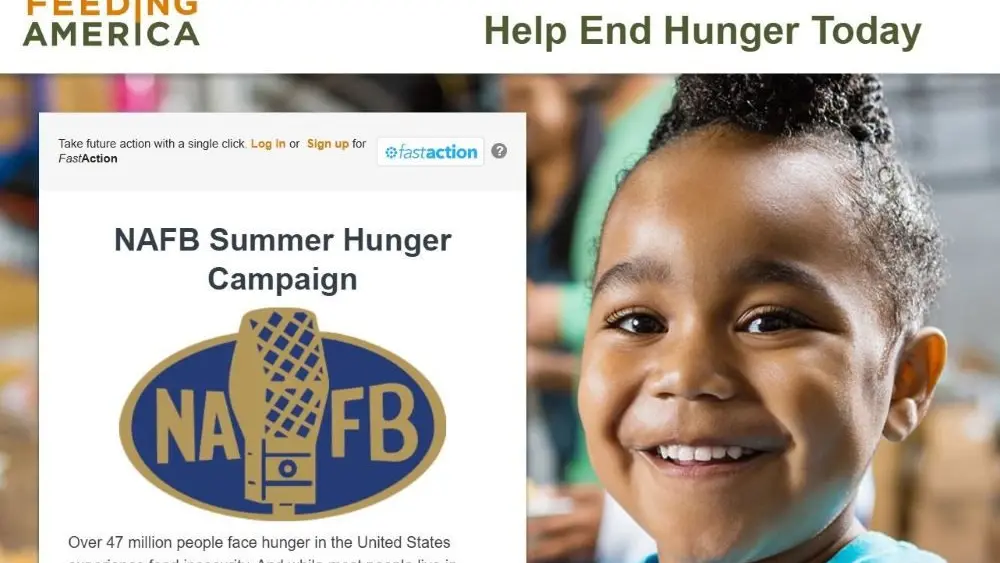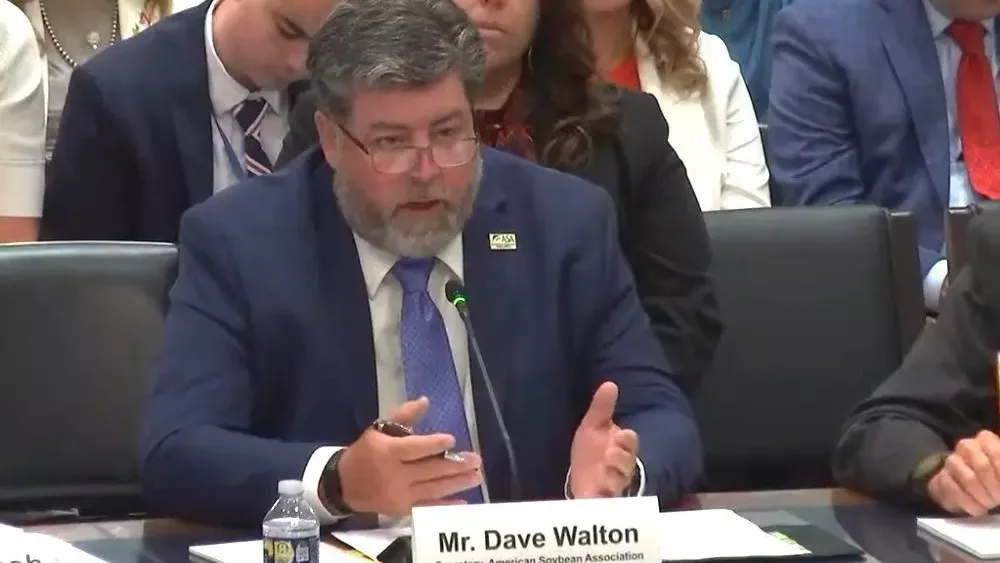
The Sugar Association applauds consumer and healthcare organizations that have reached out to the U.S. Food & Drug Administration (FDA) to ask that the agency require complete transparency for the labeling of low- and no- calorie sweeteners, as well as put an end to misleading sugar claims for packaged food and beverage products.
The National Consumers League (NCL) recently wrote a letter to the FDA supporting the Sugar Association’s June 3rd FDA Citizen Petition asking the FDA to use its administrative and enforcement authority to enact sweeping alternative sweetener labeling reform.
“NCL is a leading voice for transparency in food labeling and has a strong history of consumer advocacy in support of the labeling of sugar substitutes,” said Courtney Gaine, PhD, RD, President and CEO of the Sugar Association. “Their comments to FDA make the case for mandating changes to alternative sweetener labeling that improves transparency and puts an end to incomplete and misleading labeling standards.”
In its letter to FDA supporting the Petition, NCL also states, “FDA has received a letter from the Center for Science in the Public Interest (CSPI) requesting that the agency set standards for nutrient content claims for added sugars. The citizens’ petition builds on that request by urging FDA to provide clearer ingredient labeling of alternative sweeteners and by requiring disclosures of potential negative health effects of sugar alcohols and the amounts of artificial sweeteners in foods and beverages.”
The NCL letter continues, “…consumers are faced with a lack of transparency around the labeling of alternative sweeteners and sugar claims on foods and beverage labels. Many sweeteners are not clearly identified on the food label. Others are disclosed using names not familiar to consumers. These substances include novel ingredients not traditionally found in foods, sugar alcohols associated with potentially undesirable health effects (including xylitol which can be fatal to dogs), and unwanted artificial substances that raise particular concerns in the diets of children.”
In addition, in its November 2019 Policy Statement, The Use of Non-Nutritive Sweeteners in Children, the American Academy of Pediatrics called on the FDA to require products containing non-nutritive sweeteners to include the type and quantity of those ingredients per serving on food labels.
The Sugar Association Petition asks the FDA to require the following changes to food labeling by issuing official industry guidance supported by the Agency’s enforcement discretion:
- Add the term “Sweetener” in parentheses after the name of all non-nutritive sweeteners in the ingredient list.
- For children’s food and beverages, indicate the type and quantity of non-nutritive sweeteners, in milligrams per serving, on the front of food packages.
- For products making a sugar content claim (i.e., No/Low/Reduced Sugar), require the disclosure, “Sweetened with [name of Sweetener(s)]” beneath the claim.
- Disclose the potential gastrointestinal side effects from the consumption of sugar alcohols and some sugar substitutes in foods at the lowest observed effect levels.
- Ensure all sugar content claims related to sugar and sugar substitutes are truthful and non-misleading.
“We are pleased that consumer groups are urging the FDA to take action to bring full transparency to alternative sweetener labeling,” concluded Dr. Gaine.
Learn more about the Sugar Association’s Campaign for Sweetener Transparency.
Source: The Sugar Association press release





